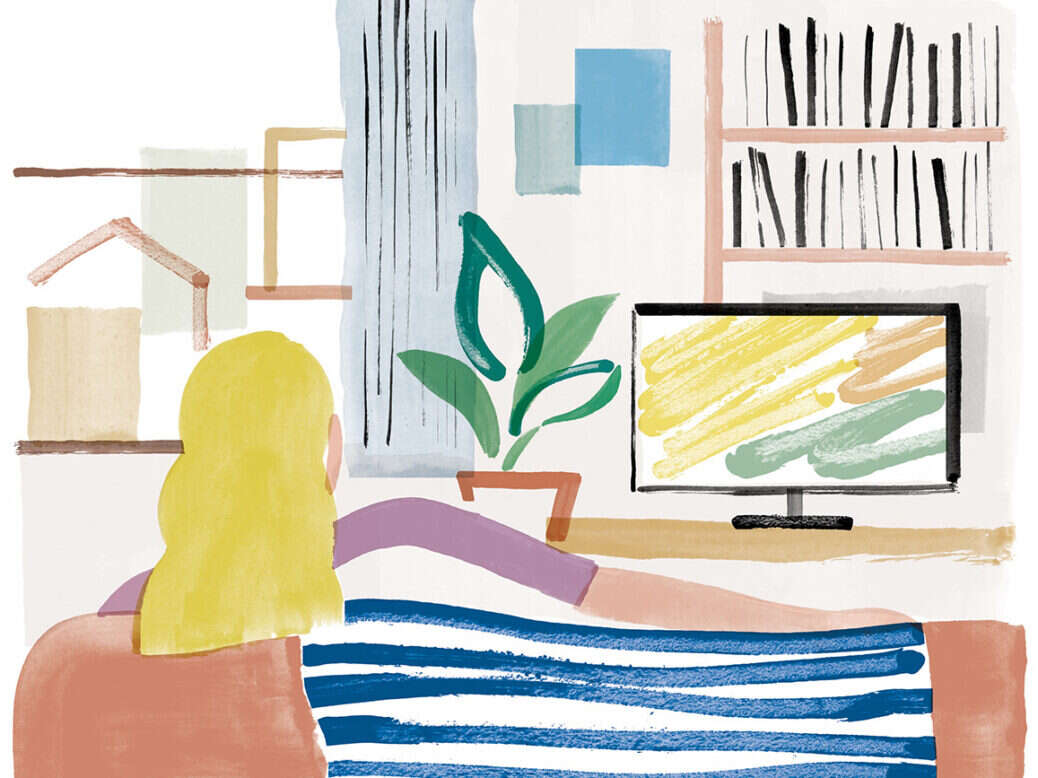
I moved secondary school three weeks into Year 7. We lived too far away from the all-girls’ school that was my first choice, and so I began the term at a different, mixed school that felt more like a zoo to my coddled, 11-year-old self. This impression was solidified one day when, as I bent to remove my lunchbox from my backpack, a boy slapped my bum. It was a rude interruption: something adult transgressed into my childhood; it was not sexual, and yet I was old enough to know that sex had something to do with it. By the time someone dropped out of my first-choice school, and I was offered their place, the decision was easy. As I wandered its orderly corridors while a teacher talked us through the prospective move, I knew: no one will slap my bum here.
It was a strange way to begin at a new school: everyone was new there, and yet I was newer still. Friendships and factions were already half-formed. On my first day, my form tutor asked me to introduce myself to the class, and as I remember it all I talked about was my rabbit, Sammy. This was enough, apparently, for B—, who – as she now tells it – decided on the spot that I would be her best friend. And so I was. I was welcomed, without question, into B—’s already established group, which shifted a little over the years, but eventually settled at nine. Nine girls – now women – who, I am privileged to say, remain my closest friends more than 20 years later. We saw each other not just through assemblies and exams, but through parents’ divorces (including that of my own) and a couple of coming-outs; first kisses and first other-things, no step in sexual awakening too small to be noted and shared. There was also a lot of Lambrini, and many questionable fancy-dress costumes (remind me to tell you one day about the time I went to a boat party dressed as a Pritt Stick).
In Year 7 we were asked to, in pairs, draw a picture of a house and annotate it with all the household costs: council tax, water, electricity, etc. It was supposed to be a lesson in adulthood, but B— and I treated it as an exercise in pure fantasy. The home we drew was proudly entitled “B— and Pippa’s House of Fun”, and, I imagine, featured at least one slide connecting different floors and a hidden passageway or two. Over the years, this fantasy evolved: at one point we nine dreamed of running a school together, each of us leading a different subject or area of school life according to our strengths; when we started watching Desperate Housewives, this morphed into our own Wisteria Lane, all living in adjacent houses on the same street. It is easy to romanticise it now, but when I imagined my future that group of nine was my family unit, especially in the months when my own was falling apart.
I spent much of the last years of my twenties grieving the loss of this fantasy, as new friendships, flatmates, partners and even countries carried us in different directions. After moving in step through life’s early milestones – first boyfriends, graduations, first jobs, first flats – houses were bought, proposals announced, ultrasound pictures shared, all out of sync. We saw each other less often, had slightly less in common. As these joys, for whatever reason, fell to others and not to me, I grew defensive, even bitter. I was not as quick to celebrate my friends as I should have been, nor as generous in my celebrations, and I regret that profoundly. I have been reluctant to write about the way friendships change with age because I fear that my friends will read this as criticism of their life choices. It is not: it is only part of my slow, silly, selfish path to acceptance.
I have a different fantasy future for our group these days. That when we are old we will pool whatever money we have been fortunate enough to amass, and set up our own nursing home, just for us. I am sure that whatever else falls away in old age, we will remember the first kisses and the Lambrini and the questionable fancy-dress costumes. Maybe there will even be a slide.
[See also: At 32, I am only just getting over the concept of time difference]
This article appears in the 10 Apr 2024 issue of the New Statesman, The Trauma Ward





